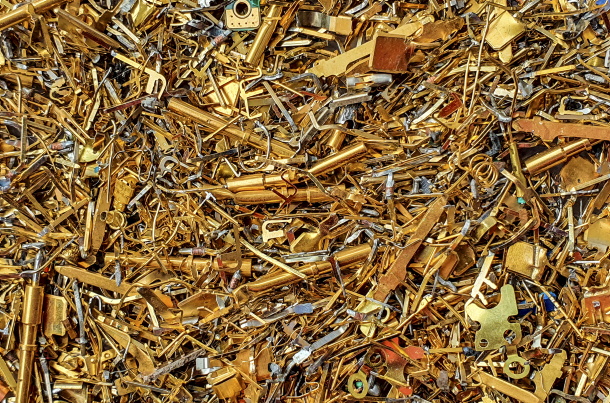
India’s leading diamond-trade organizations have called on members to stop importing rough for at least a month to prevent an oversupply and ensure banks maintain their credit to the sector.
Companies should consider pausing rough imports from May 15 for a minimum of 30 days, according to a letter from the Gem & Jewellery Export Promotion Council (GJEPC) and four other industry bodies, seen by Rapaport News.
The move — which would be voluntary on the part of the importers — would help the trade recover from the COVID-19 crisis by avoiding a flood of rough entering the pipeline, the letter explained. It would also show lenders that the trade is willing to minimize its debts, thereby dissuading them from slashing credit.
“Such import stoppage will help the industry face the challenge that has arisen out of turmoil in the global gems and jewelry market,” the groups said in their plea to the trade Wednesday. It was signed by heads of the GJEPC, the Bharat Diamond Bourse in Mumbai, the Mumbai Diamond Merchants Association, the Surat Diamond Bourse, and the Surat Diamond Association.
India’s polishing sector and diamond trade are shut until May 3 at the earliest due to a nationwide lockdown aimed at containing the coronavirus. As it stands, any rough that enters India would remain in inventory until business reopens. Meanwhile, closures of retail and trading centers around the world have obliterated polished demand, putting severe pressure on the Indian industry.
The groups that signed the letter have met with leading diamond exporters and other prominent trade members to explore steps to minimize the impact of the downturn. They have also written to the Indian government to inform it of the “precarious” state of the country’s gem and jewelry industry, they said. The GJEPC and the trade will review the matter in the second week of June to decide if further action is necessary.
Source: DCLA








